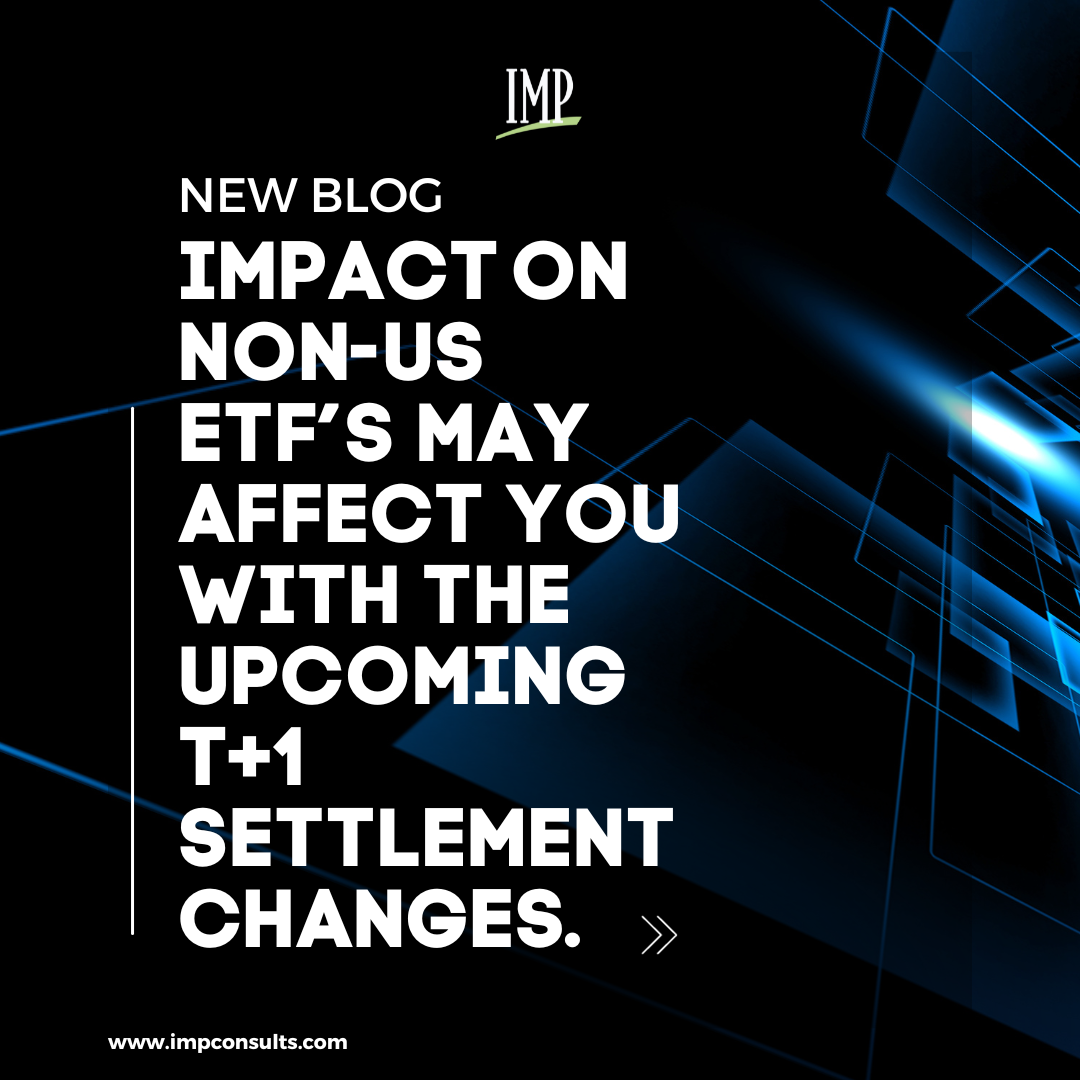On September 26th, the Securities and Exchange Commission (SEC) fined DWS Investment Management Americas Inc. (DIMA), a subsidiary of Deutsche Bank, for making misleading statements regarding its Environmental, Social, and Governance (ESG) investment process. DIMA, which marketed itself as a leader in ESG investing, failed to adequately implement its global ESG integration policy from August 2018 to late 2021, contrary to what it led clients and investors to believe. As a result, DIMA has agreed to settle this with a $19 million penalty payout.
Trade settlement cycles will be transitioning from T+2 to T+1 in April 2024, aiming to promote market efficiency, strengthen investor protection and reduce counterparty and market risk. However, this change will present obstacles for Non-US ETF’s.
On August 23rd, the Securities and Exchange Commission (SEC) approved new rules aimed at improving the operations of private fund advisers and updating compliance regulations for investment advisers. Despite facing some resistance from firms, the SEC has asserted that these rules offer several benefits to investors when implemented.
In 2023, Artificial Intelligence is transforming the way we conduct business around the world. As new technology emerges in the financial services industry, many professionals in the investment industry are wondering how this may change Compliance and Regulatory Technology. While we may not know exactly what these changes will look like, we can make sure we are prepared and updated on changes in technology.
Are you ready for T+1?
Preparing for Accelerated Trade Settlement Cycles
The SEC has finalized rules that will further shorten the settlement process for security transactionsfrom two business days to trade date (T+2) to (T+1). A previous change from T+3 to T+2 took place in 2017.





